Let’s face it, eating on a budget is never easy — but it’s even more difficult when you’re limited to shopping at whatever is within walking distance of campus in between classes and exams. Finding healthy and affordable vegan foods can be tricky for a college student, but there are more than a few hearty options that will pack in the nutrients for a much lower price than what you might expect.
At Modernize, we know that taking small steps can lead to even bigger ones, so to help you stay healthy and happy we dug up a few of our favorite vegan foods that are perfect for a college budget.
Quinoa
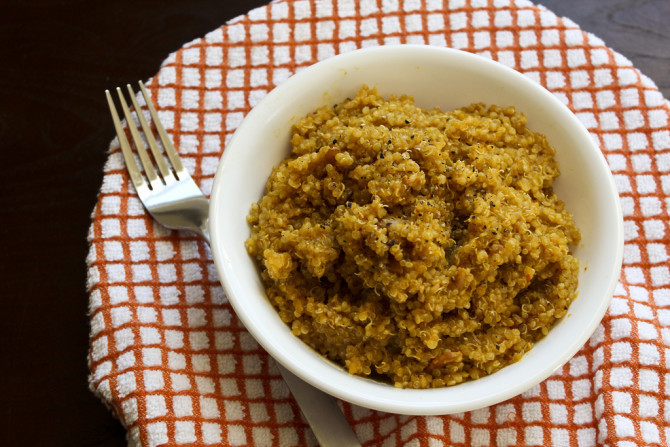
Photo by Hannah Lin
Quinoa is a strong staple within a vegan diet because of its power as a complete protein that also has a low glycemic index, which means it stabilizes your blood sugar and can keep you full enough to prevent any annoying cravings during the day, says holistic health coach Jolene Hart. As a bonus, it also gives you that full feeling without any bloating.
Boxes of quinoa are easy to find in most grocery stores and are cost effective. A little quinoa can go a long way—mix it into salads, eat it as its own dish, or even work it into chilis, soups, or baked goods.
Chickpeas
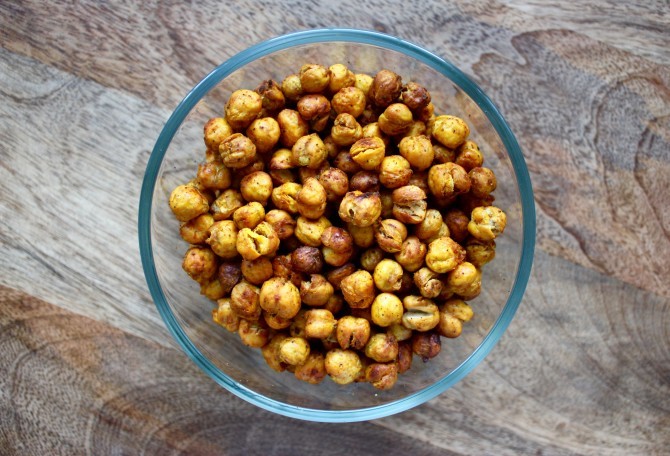
Photo by Kristine Mahan
As the stressors of college schedules, exams, and finding a work-life balance take their toll, you’ll want to load up on cans of chickpeas. Another one of Hart’s recommendations, these antioxidant-rich legumes boost immunity and are loaded with zinc to support a beautiful complexion and clear skin. Cans of chickpeas are inexpensive, easy to source, and can easily be made into a protein-packed bowl of hummus.
Oats
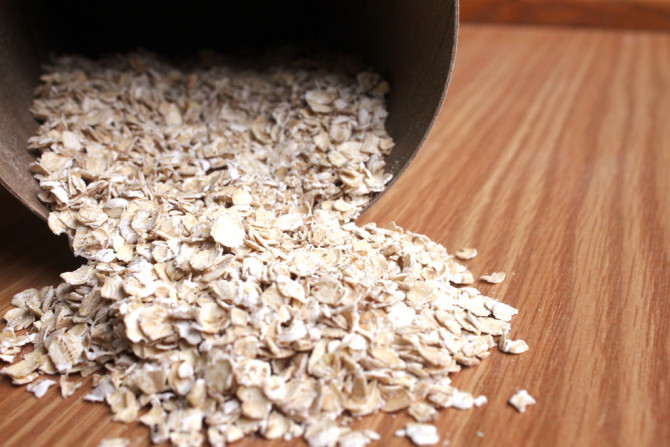
Photo by Marci Green
One of the downfalls of a vegan diet is how complicated breakfasts can become when there are little to no options in the cafeteria or your dorm room. You may resort to processed and packaged snack bars or other snacks that are laden with harmful preservatives and don’t leave you feeling full.
So to combat that growling tummy in the middle of your first class of the day, start with a bowl full of oats. For a powerful and nutrient-packed breakfast staple that is rich in minerals, make yourself a bowl of rolled oats with nut milk in the morning to stay alert, awake, and satiated all day.
Popcorn
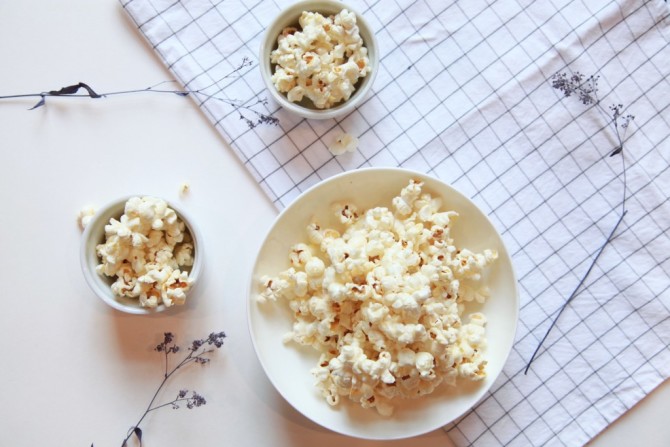
Photo by Renee Chiu
Yes, popcorn is a great nutritional and vegan-friendly snack food that you can easily buy in the store and munch on anytime you crave a snack. Make yourself a bowl full of organic, plain popcorn kernels (to avoid the artificial flavors and chemicals found in many microwaveable brands) and lightly salt them for some extra flavor.
According to Hart, the reason why popcorn is such a great and healthy vegan snack is because it is rich in antioxidants, fiber and promotes healthy elimination. Oh, and it’s delicious, too.
Pomegranates
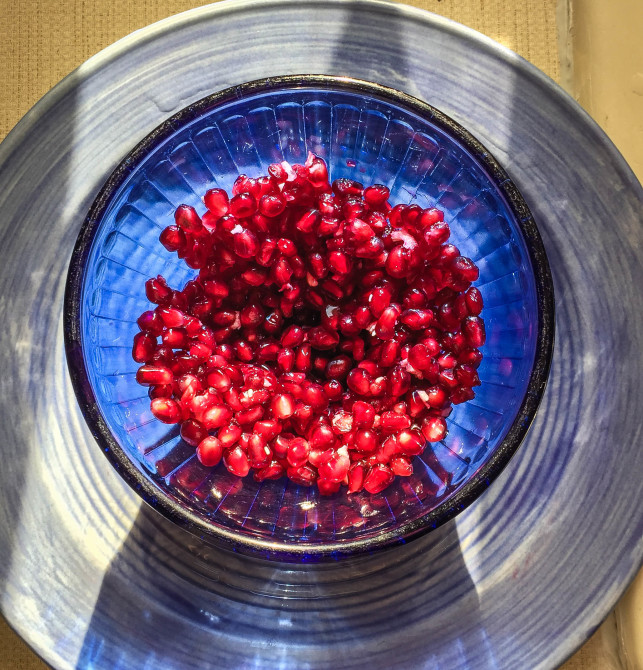
Photo by Danielle Cahoon
Pick up some pomegranates every once in a while as your “splurge” healthy food. Aside from being full of flavor and a beautiful jewel-toned color, pomegranates are great foods to help prevent inflammation. They’re perfect for sprinkling over your salad, or mixing in with quinoa or oats in the morning for a sweet and healthy addition to your dish.
Tofu
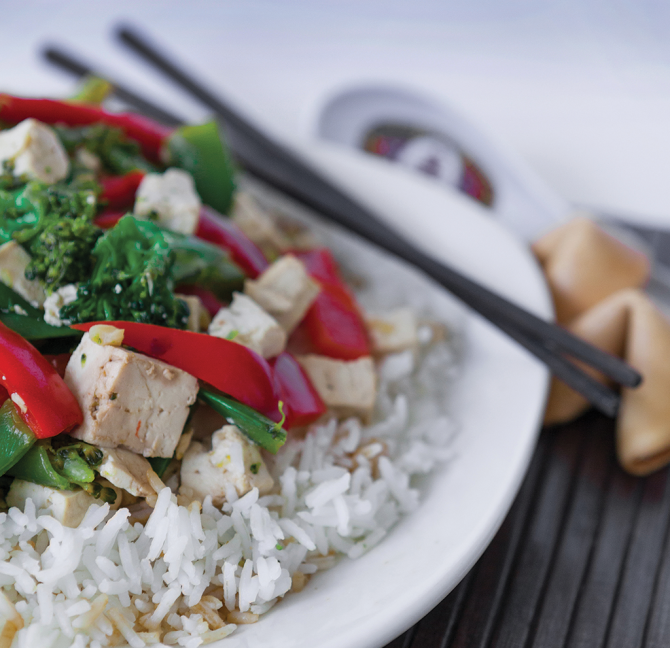
Photo by Danny Schuleman
A quintessential food in the vegan diet, tofu is an everlasting staple that has hung around for so long for a reason: it’s versatile and packed with protein. Since tofu is pretty affordable (plan a week’s worth of meals around it for good measure) you won’t have a hard time locating on your grocery store’s shelves. However, do your best to purchase organic tofu to avoid yucky processed versions that are no good for your health.
Lentils
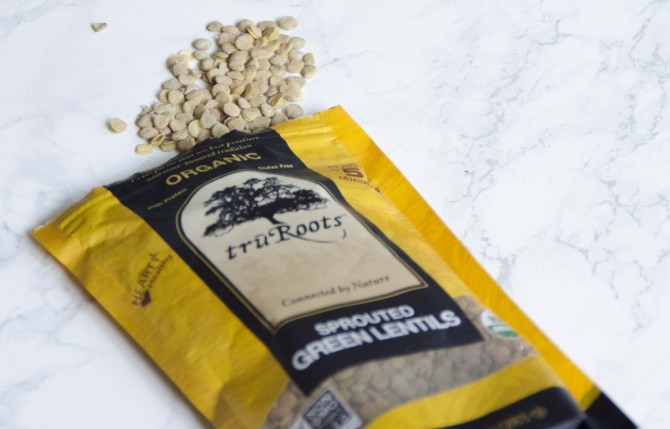
Photo by Becky Hughes
If you have ever eaten lentils before, then you are most definitely familiar with the complete lack of hunger you’ll experience afterwards. Another easy to find and affordable protein, lentils can be the “meat” of vegan dishes because they are hearty, textured, and rich in nutrients.
Eat them plain, mix them into a salad, or try making them into deliciously satisfying vegan lentil burgers. We promise you won’t be hungry.
Flaxseeds
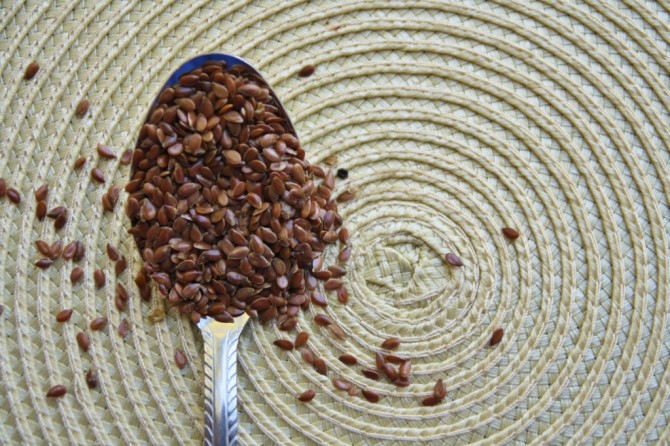
Photo by Abby Farley
One of Hart’s favorites, incorporating flax seeds — ground or whole — into your diet is an easy and effective way to get essential fatty acids and omega-3s, which are ingredients many vegans and vegetarians lack.
They may not always be cheap, but a little can go a long way. Sprinkle them on your bowl of oats in the morning, add them to a salad, or enjoy a healthy serving of them in a dish for a nutty and savory taste.
Nuts
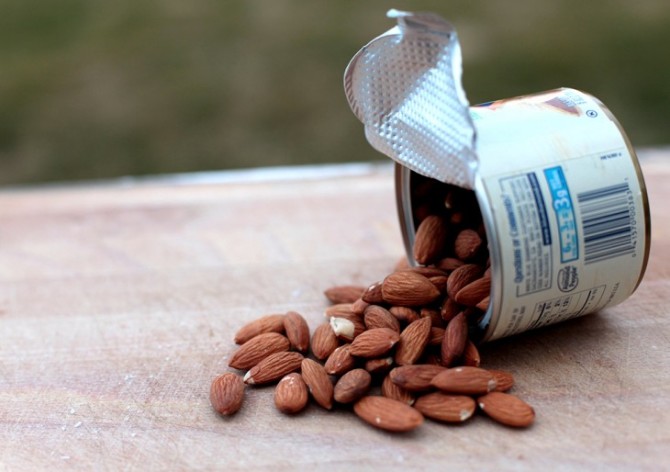
Photo by Stephanie Lee
For vegans, stocking up on organic nuts like almonds, pistachios, walnuts, and sunflower seeds is a huge boost in nutrition. Find somewhere that you can buy them in bulk to save you the costs of the more pricey pre-packaged and labeled versions.
Nuts are easy to pack and carry around with you during a long day of classes or a snack before you hit the gym, and they are great worked into your meals, too.
Coconut Oil
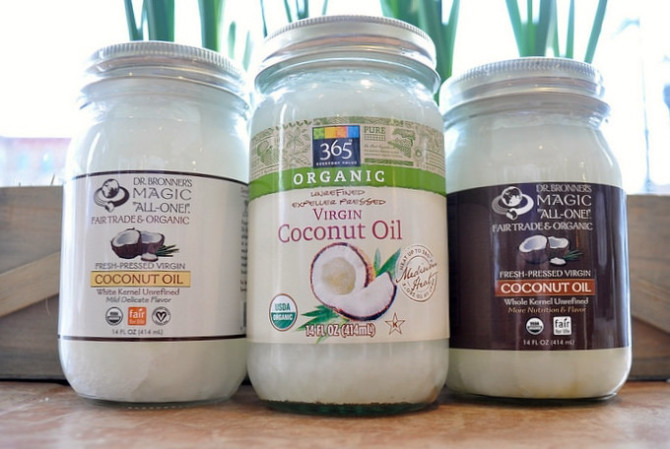
Photo by Andrew Zaky
Organic coconut oil is Hart’s favorite and a vegan’s dream because it is loaded with lauric acid, a powerful anti-microbial fat that kills bacteria, viruses, and yeast (think germ-infested classrooms—okay, now stop thinking about it), as well as those essential fatty acids that are oh-so important for metabolic health.
Grab a glass jar (the chemicals in plastic containers will eventually seep into the contents) and use it as a substitute for butter when you bake or cook, put it in the pan when you sauté all those delicious leafy greens, or add it to your smoothie for a boost of nutrition.

